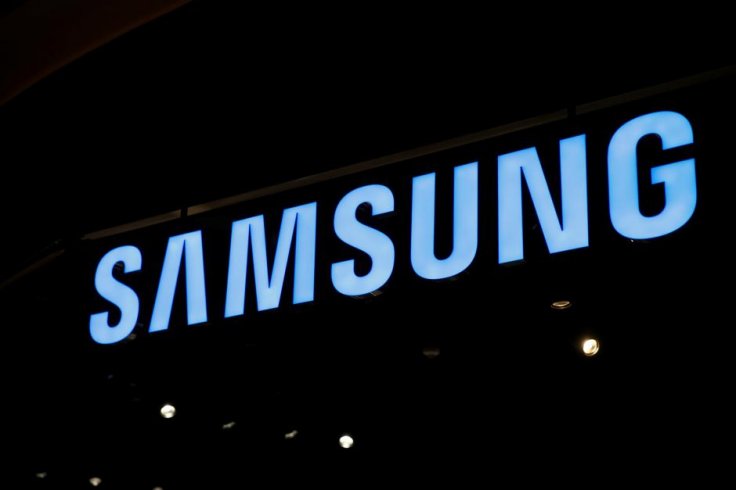
Samsung Electronics Co Ltd posted its slowest quarterly profit growth in more than a year on Tuesday due in part to weak sales of its Galaxy S9 smartphones, and warned of tougher competition ahead for the struggling mobile sector.
The Apple Inc components supplier and smartphone rival said operating profit from the mobile business sank 34 percent from a year ago, its fastest rate of decline since the first quarter of 2017, as cheaper Chinese-made handsets put pressure on margins.
The South Korean tech giant gave investors little reason to hope for a quick turnaround in the mobile business, flagging stiffer competition in the second half amid concerns its premium phones lack innovation to drive sales growth.
"Samsung was already lost to China in price competition and is getting threatened by Chinese models in designs and hardware strength," said Park Jung-hoon, a fund manager at HDC Asset Management that owns Samsung shares.
"It is not an easy game for Samsung unless it really meets consumers needs for new smartphones."
Higher marketing expenses and disappointing sales of the S9, which fell short of its target, weighed on its mobile performance, Samsung said.
Competition would heat up in the coming months as new smartphone models were released, it added. In response, Samsung would "seek to expand sales by introducing a new Galaxy Note earlier than usual", it added.
Samsung is scheduled to launch a new Note series early next month.
Apple is expected to report a rise in revenue and profit for the third quarter on Tuesday, helped by resilient sales of its iPhones in a period of slower growth for the global smartphone market.
It remains to be seen whether Samsung's difficulties in the mobile business, which accounts for about 40 percent of its revenue, are the result of its own failings or reflect the industry slowdown more broadly.
The world's biggest chip and smartphone maker said operating profit rose 5.7 percent to 14.9 trillion won ($13.3 billion) in the second quarter, slightly ahead of its 14.8 trillion won estimate.
Revenue for the April-June period fell 4 percent to 58.5 trillion won.
The mobile business booked a 34 percent fall to 2.7 trillion won in quarterly operating profit, its biggest decline since the Galaxy S7 was its flagship model early last year.
Data released by market tracker Counterpoint Research in July showed Samsung's latest Galaxy 9 Plus premium handset had been overtaken by Apple's iPhone 8 as the world's top-selling smartphone.
Samsung shares slid 0.5 percent by 0254 GMT, compared with 0.1 percent drop in the broader market.
CHIPS ARE UP
While the mobile business struggles, the chip business remained Samsung's top earner in the second quarter as sales to the cloud-computing and crypto-currency industries propped up DRAM chip prices even as NAND flash memory prices slipped.
The chip unit posted a record 11.6 trillion won operating profit in the second quarter, up 45 percent from a year ago and in line with market expectations.
Samsung said demand for DRAM chips, its main memory product, would remain strong in the second half thanks to the growth of server data centres used for cloud computing.
That view echoed South Korean rival SK Hynix Inc's forecast last week for solid DRAM chip sales for the rest of the year, comments likely to ease investor concerns that an unprecedented two-year boom in the chip business is about to come to a rapid end.








